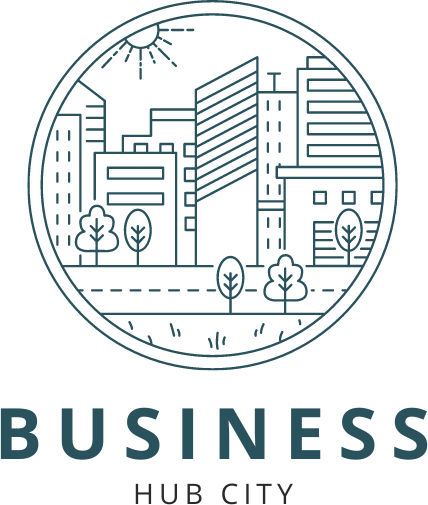Guest article from arubeus.com

Photo by Pixabay
If you run your own business, work freelance or are otherwise self-employed, one of your main concerns is how to grow your business. As a freelancer, you may think that your work speaks for itself. While that’s partly true, in today’s competitive marketplace, relying on your skills alone isn’t enough. You need something that makes you stand out – something that builds trust, attracts clients and positions you as an expert. And using social media or advertising may be fine, but there’s a concept that comes before all that, and that’s where personal branding comes in.
What is a Personal Brand?
A personal brand is how you present yourself to the world. It’s the combination of your skills, values, expertise, and personality that makes you unique. A strong personal brand helps you create a memorable impression, making it easier for clients to choose you over competitors. It is a fundamental concept in marketing and sales that will allow you to sell more, sell better and get the kind of customers you need. If you can develop a personal brand across multiple channels, you will stop worrying about making ends meet and see your business grow.
Key Elements of a Strong Personal Brand
- Authenticity – Be true to yourself and your values. You must be different and authentic.
- Consistency – Maintain a uniform tone, look, and message across platforms. Whether it is your brand image, copy, logos or way of communicating, you need to be consistent.
- Value Proposition – Clearly communicate what you offer and why clients should hire you. Be direct and clear so that all your potential customers can understand your message.
Why Personal Branding is Essential for Freelancers
Let’s be clear: a personal brand will differentiate you from the competition, build credibility and trust, and attract more and better customers. A strong personal brand sets you apart in a competitive market by showcasing your unique skills and building trust. By consistently sharing insights, displaying past work, and engaging with your audience, you establish authority in your field. This attracts high-quality clients who value your expertise, are willing to pay premium rates, and seek your services rather than you having to chase them.
Imagine you are a top hairdresser in a major city, offering luxury services with the latest technology. You’re the best in the country, yet your only online presence is a basic website with a few photos of your salon—no social media, no personal branding. Why would anyone choose your salon over countless others?
Now, picture yourself as Laura, a successful hairdresser who actively builds her personal brand. She showcases her expertise not just on her website but also across social media, allowing potential clients to connect with her story, skills, and unique approach. As a result, people don’t just visit Laura’s salon for a haircut—they choose Laura because they know and trust her brand.
Building Your Personal Brand Step by Step
1. Identify Your Niche and Unique Value
What makes you different? Find a specific niche and highlight what sets you apart. Spend a few days or weeks thinking about what you value and what makes you different.
2. Create a Compelling Brand Story
People connect with stories. Share your journey, experiences, and passion in an engaging way. Tell your personal story of how an illness or a trip to India changed you and made you a better person. Each of us has a different journey that adds value to our brand.
3. Build a Professional Website
A well-designed website acts as your online business card. Include your portfolio, testimonials, and contact information. You may also be interested in selling online, or you may want to appear on Google. In any of these cases, it is essential that you have a website, as it will allow you to make yourself known.
4. Maintain Social Media Consistency
Use LinkedIn, Instagram, X, or TikTok to share content that aligns with your brand. Another tip could be to make reels that are topical, informative and interesting. The same video can be uploaded to TikTok, Instagram and Youtube Shorts, so it’s a good way to start your social media journey.
Conclusion
A personal brand isn’t just a marketing trend – it’s essential for freelancers who want to grow and succeed. It helps attract the right clients, build credibility and increase revenue. We see this across industries, from hairdressing and fashion to photography and social media.
Take Adrian Rubio, for example – a digital marketing and branding specialist for small businesses and freelancers. By building a strong online presence, optimising his website for SEO and consistently working on his personal brand, he has been able to attract his ideal clients, increase sales and achieve his goals. His success highlights the power of personal branding in today’s competitive marketplace.
If you haven’t started building yours, now is the perfect time. It may make you lazy, but it will certainly benefit you. You can continue to read and learn about it as personal branding covers many areas. The sooner you start, the better, as you will be able to grow your business step by step.
